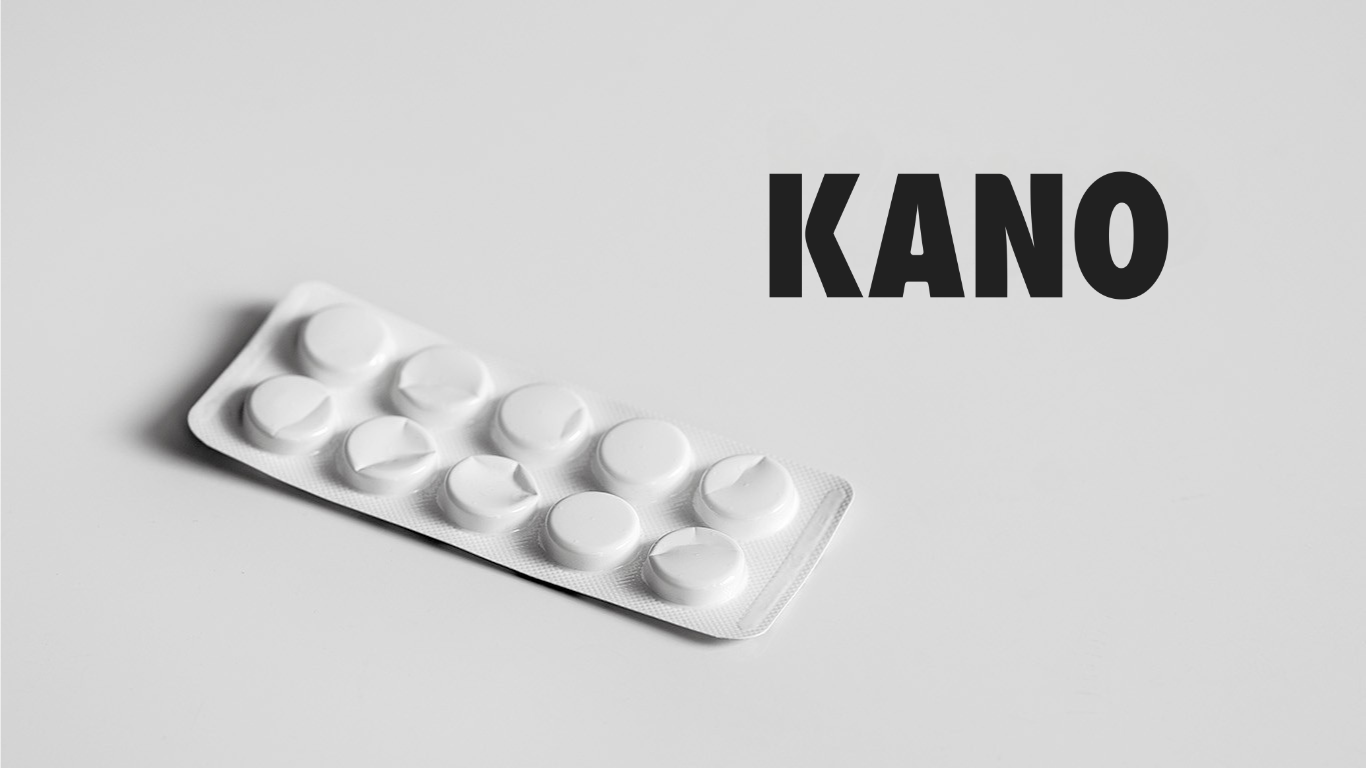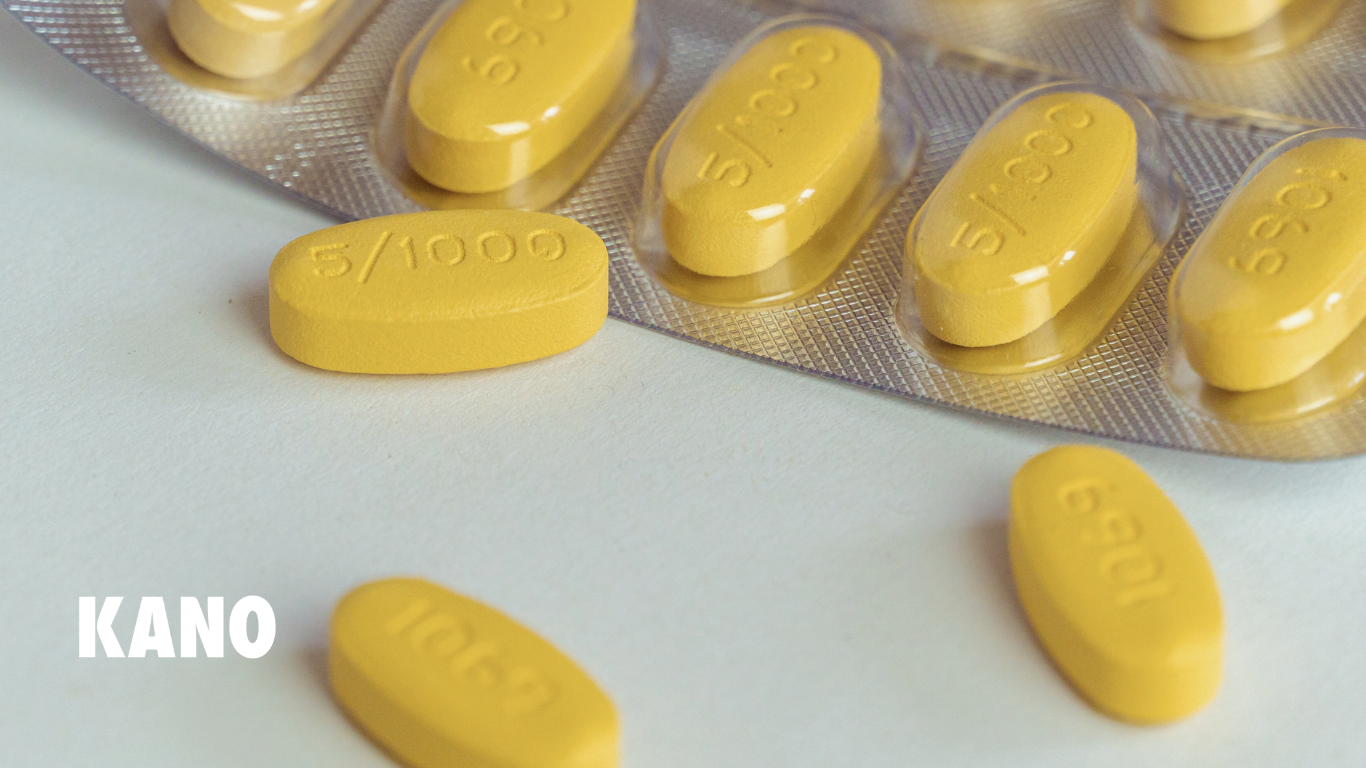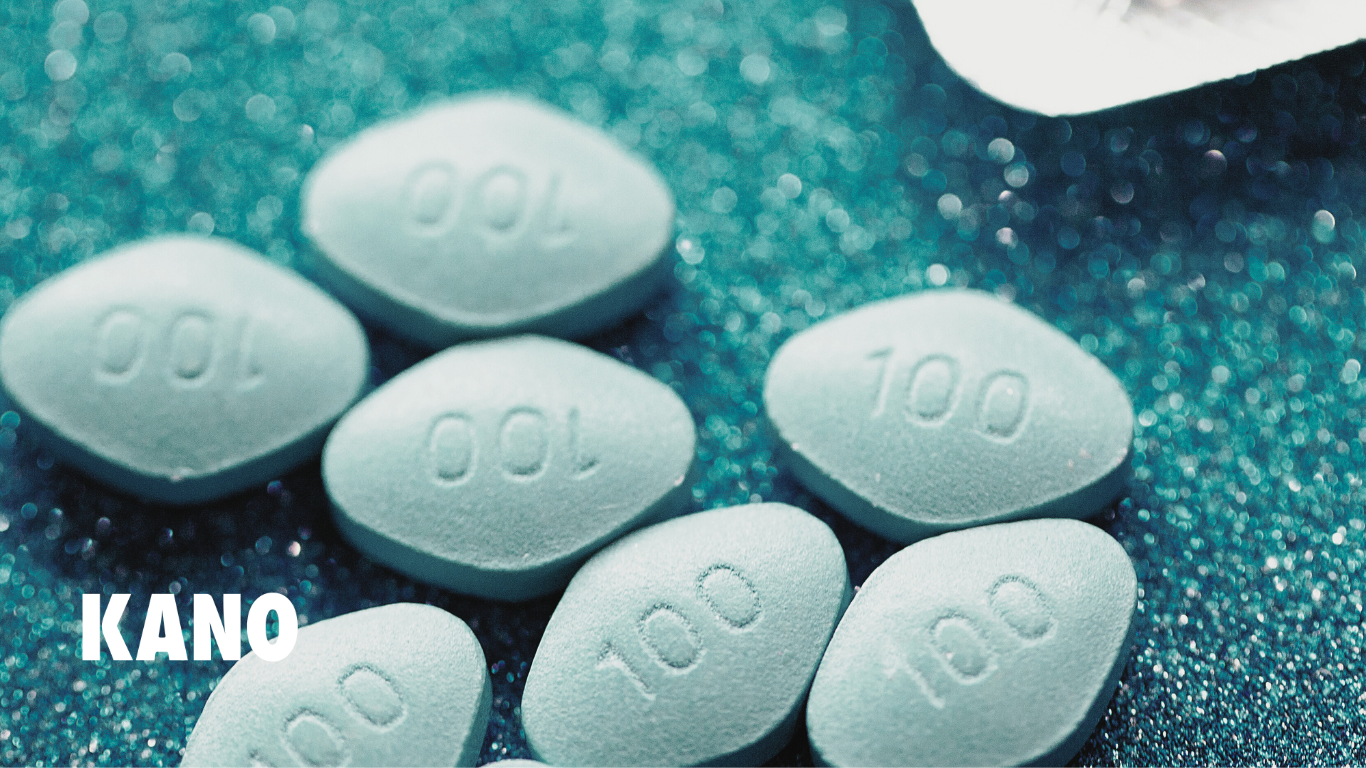Comparison of the two drugs
1. Action time
Both medications start to work approximately 30 to 60 minutes after ingestion. However, the duration of Levitra®'s effect might be slightly longer than that of Viagra®. This means that you could have a wider window of opportunity with Levitra®, offering you more flexibility in your sexual encounters.
2. Side effects
The side effects of both medications are similar and may include headaches, hot flashes, nasal congestion, and sometimes temporary visual disturbances, such as slightly blue-tinted vision. However, some men find that the side effects of Levitra® are less pronounced. For example, it is less likely to affect vision than Viagra®, which can be a deciding factor for some patients.
3. Effectiveness depending on medical conditions
For men with diabetes or heart diseases, Levitra® is sometimes considered a better option due to its slightly higher tolerance in these cases. On the other hand, Viagra® has been used for over two decades, and its effectiveness has been widely proven among the majority of users.
4. Usage Frequency
Viagra® and Levitra® are both taken as needed, meaning you take them before each sexual activity. Neither option requires daily intake, unlike some other medications such as Cialis®.
5. Food and Interaction
Viagra® may be less effective if you eat a heavy or high-fat meal before taking it. This can delay the drug's absorption and reduce its effectiveness. Levitra®, on the other hand, seems to be less affected by food intake, making it a more flexible option for men who do not want to adjust their diet before having sexual intercourse.
Why choose one over the other?
The choice between Viagra® and Levitra® depends on several personal factors, including your specific needs, preferences, and overall health.
- Choose Viagra® if : You are looking for a medication with a solid reputation and a proven track record of effectiveness. If you don’t have any specific medical conditions and meals do not disrupt your intake, Viagra® could be a good choice.
- Choose Levitra® if : You have diabetes or other health issues, or if you want a medication that is less affected by food intake. Moreover, if you are looking for a longer duration of action without the need for daily dosing, Levitra® might be more suitable.
The dangers of inappropriate use of ED medications
Although Viagra® and Levitra® are both effective treatments for erectile dysfunction, their misuse can pose serious health risks.
Risk of overdose
Taking more than the recommended dose of Viagra® or Levitra® will not give you better results, but may lead to serious complications, such as a dangerous drop in blood pressure, prolonged and painful erections (priapism), and heart disorders.









